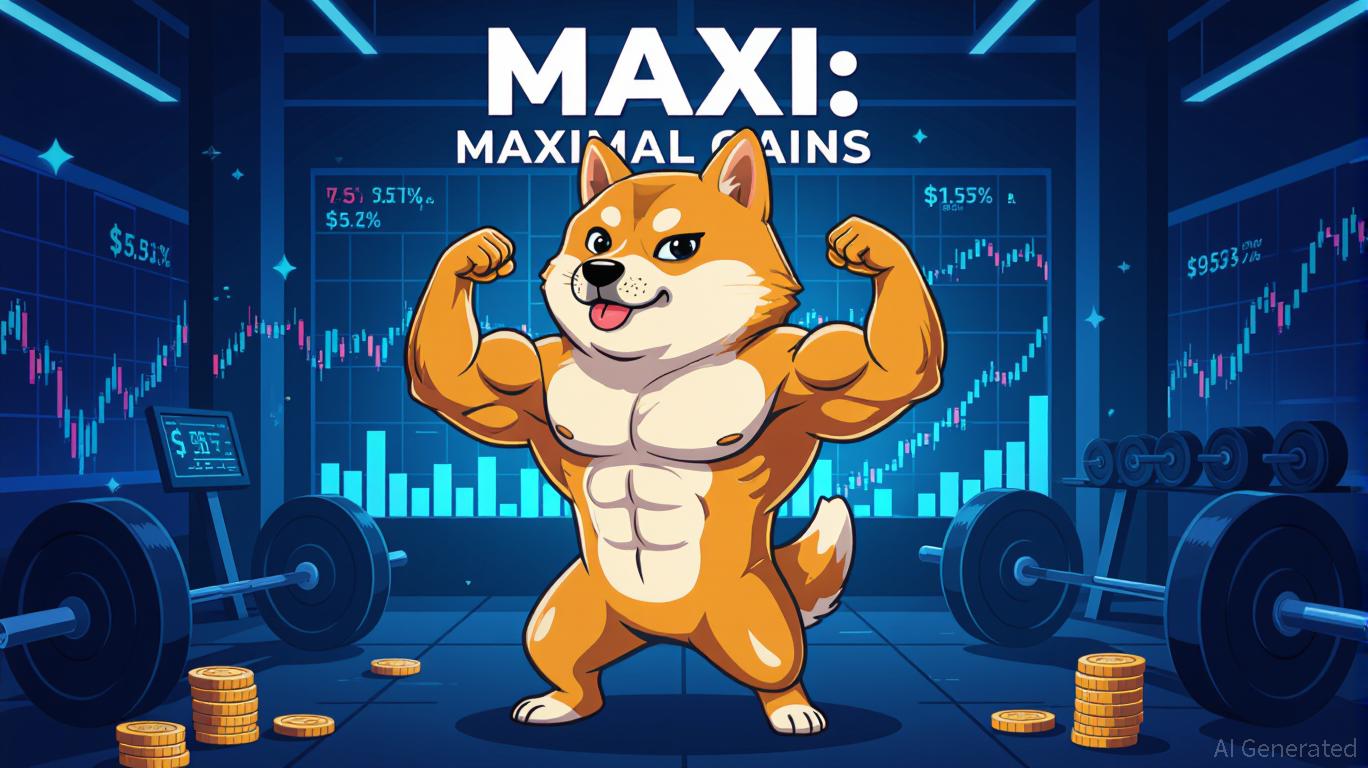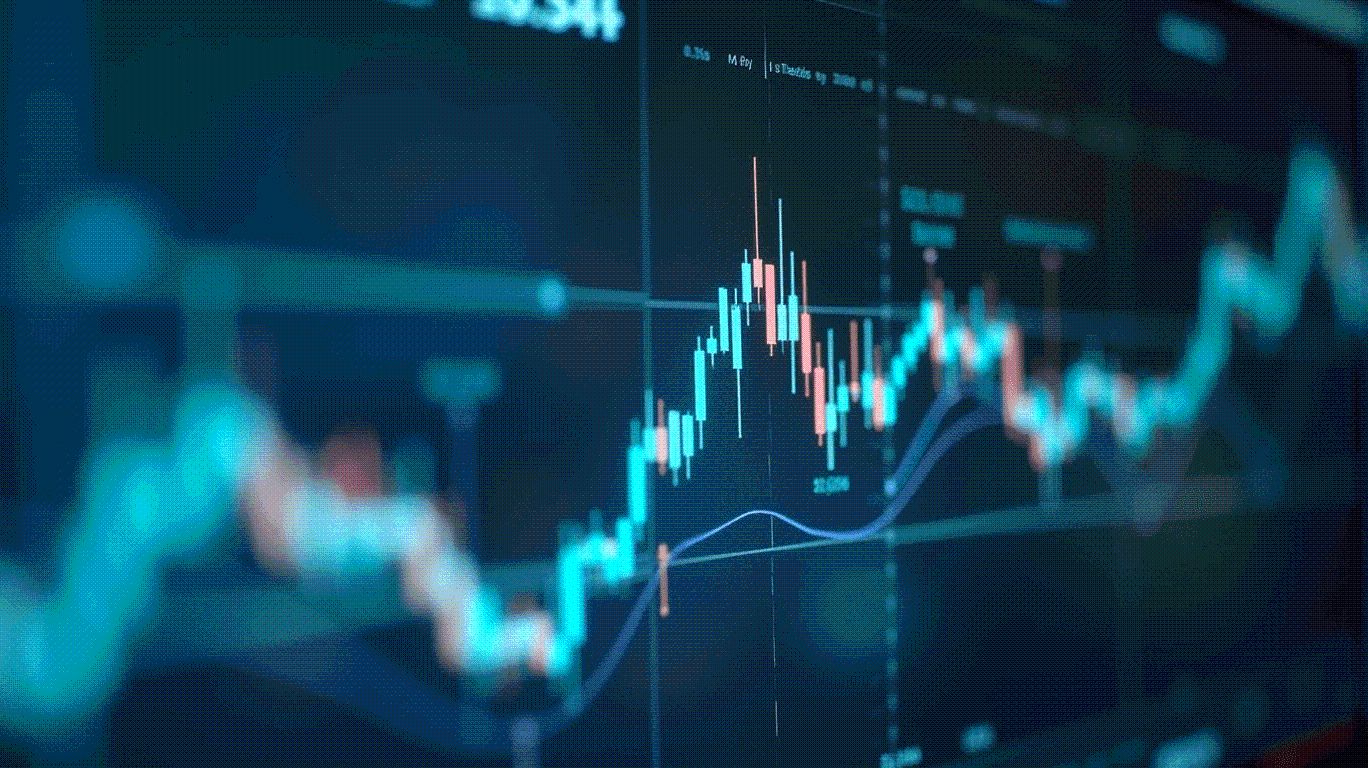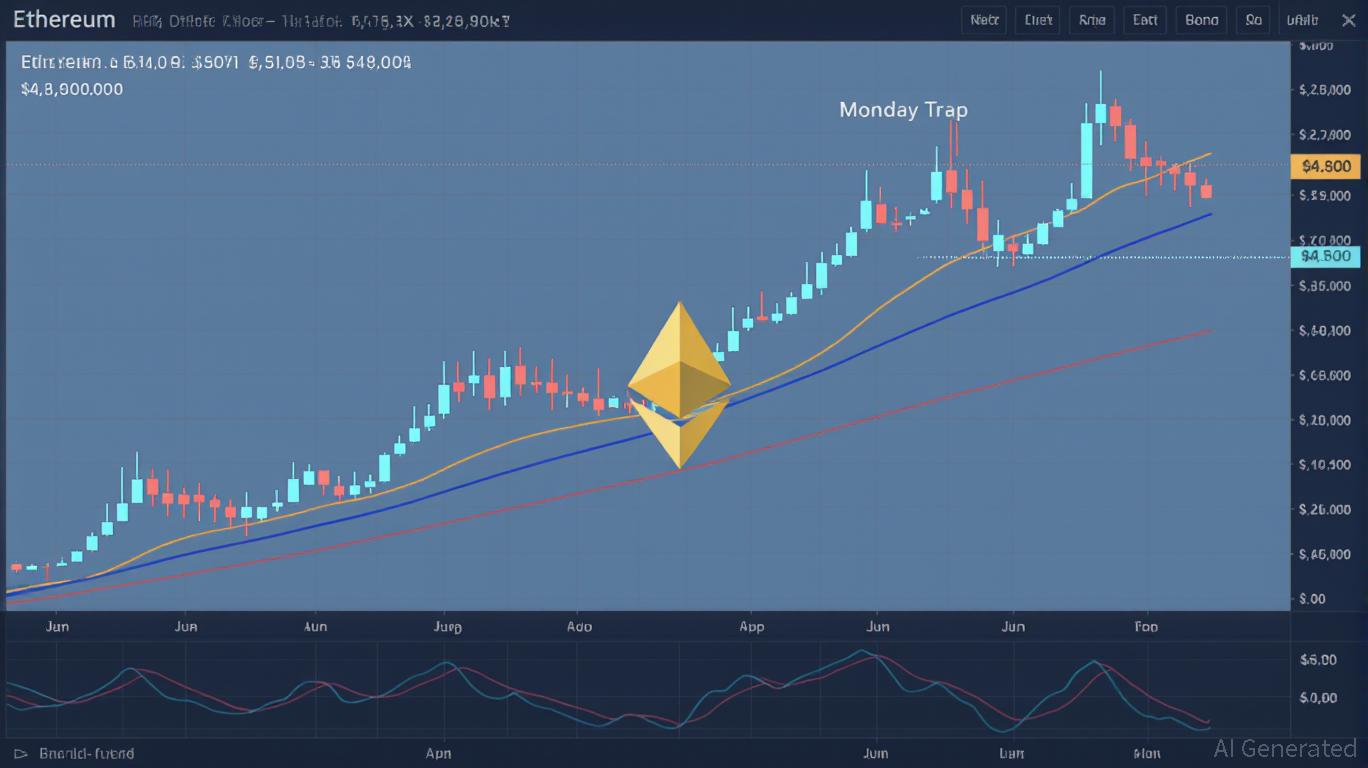South Korean Lawmakers' Crypto Holdings Signal Institutional Confidence in Digital Assets
- South Korean lawmakers increasingly hold Bitcoin, XRP, and meme coins, signaling institutional confidence in crypto as personal investments influence policy. - 2025 regulatory reforms include leverage caps, stablecoin capital requirements, and alignment with EU MiCA to balance innovation and stability. - FSC plans KRW-backed stablecoins and Bitcoin ETFs by late 2025, aiming to attract institutional capital and reduce reliance on offshore tokens. - Risks persist from regulatory delays, fragmented infrastr
South Korea’s political elite is increasingly embracing cryptocurrencies, a trend that signals growing institutional confidence in digital assets and could reshape the country’s economic landscape in 2025. With lawmakers disclosing significant holdings in Bitcoin (BTC), XRP , and meme coins like PEPE, the intersection of personal investment and policy-making is becoming a focal point for investors and regulators alike.
Political Influence and Personal Investment
The National Assembly’s Culture, Sports and Tourism Committee has seen 16 members pivot from traditional stock markets to cryptocurrencies and overseas tech stocks. For example, opposition leader Jin Jong-oh’s crypto portfolio surged from $1,786 to $9,579, while his mother holds over 3.2 billion PEPE tokens and other digital assets [3]. Such disclosures highlight a generational shift in risk tolerance and a belief in crypto’s long-term value. Meanwhile, Yang Moon-seok of the Democratic Party holds 452.6 XRP ($1,355), underscoring the sector’s growing appeal across political lines [3].
This personal investment by lawmakers is not merely speculative—it reflects a broader strategy to align regulatory frameworks with market realities. As one analyst notes, “When politicians are themselves investors, their policies tend to reflect a nuanced understanding of market dynamics” [3].
Regulatory Evolution: Balancing Innovation and Stability
South Korea’s 2025 regulatory agenda is a direct response to this political and economic shift. The Financial Services Commission (FSC) has suspended crypto lending to curb 400% leverage risks, reducing forced liquidations by 40% [1]. Simultaneously, the proposed Digital Asset Basic Act (DABA) mandates 500 million won in minimum capital for stablecoin issuers, a move to prevent another Terra-Luna-style collapse [1].
Competing legislative proposals, such as the Value-Stable Digital Assets Bill and the Payment Innovation with Fixed-Price Digital Assets Bill, reveal a tension between innovation and caution. While the Democratic Party prioritizes aligning with global standards like the EU’s MiCA framework, others advocate for stricter safeguards [1]. This regulatory tug-of-war is critical for investors, as it determines the speed and scope of market liberalization.
Economic Implications and Investment Opportunities
The FSC’s roadmap for spot Bitcoin ETFs and won-backed stablecoins, expected by late 2025, could attract institutional capital. Major banks like KB Kookmin and Shinhan are already positioning themselves to issue KRW-pegged stablecoins, aiming to reduce reliance on offshore tokens and support domestic remittances [4]. This shift could deepen liquidity and lower transaction costs, making South Korea a hub for regional crypto activity.
Retail adoption is equally robust. Nearly one in three adults holds digital assets, with KRW-denominated trading reaching $663 billion in 2025 [3]. However, challenges persist, including the “kimchi premium” (price discrepancies between local and global exchanges) and fragmented infrastructure. Addressing these issues will be key to sustaining growth.
Risks and the Road Ahead
While the political and economic signals are largely positive, risks remain. Regulatory delays and disagreements between the National Assembly, government, and Bank of Korea over stablecoin issuance rights could slow progress [4]. Additionally, the FSC’s clampdown on leverage has drawn criticism for stifling innovation [1].
For investors, the path forward involves hedging against regulatory uncertainty while capitalizing on South Korea’s strategic position as the second-largest crypto market. Institutional-grade infrastructure, such as improved custody systems and reduced trading fees, will be critical to attracting global capital [4].
Conclusion
South Korean lawmakers’ crypto holdings are more than a personal investment—they are a political signal of institutional confidence. As regulations evolve to balance innovation with stability, the country is poised to become a global leader in digital assets. For 2025, the focus will be on how swiftly these policies translate into market opportunities, particularly for institutional players and stablecoin issuers.
Source:[1] South Korea's Regulatory Clampdown: Reshaping Crypto [2] South Korea Crypto Currency Market– Growth Outlook [3] XRP News Today: South Korea's Crypto Holdings Expose ... [4] South Korea Targets 2025 Rollout for Regulated Crypto
Disclaimer: The content of this article solely reflects the author's opinion and does not represent the platform in any capacity. This article is not intended to serve as a reference for making investment decisions.
You may also like
Undervalued Altcoins Under $1 with High Growth Potential in 2025: Identifying the Next Memecoin Disruptors with Strong Fundamentals
- 2025 altcoin market shows consolidation (top 10 hold 70%+ market cap) alongside mid-low cap innovation, with meme coins evolving beyond speculation to structured tokenomics and real-world utility. - Projects like MAXI (gym-themed Dogecoin derivative) and HYPER (Solana-based Bitcoin L2) combine high APYs (383%-103%), cross-chain functionality, and institutional-grade security to attract both retail and institutional investors. - Meme coin market now valued at $73.2B balances viral appeal with technical cr

The $161M Crypto Liquidation Crisis: A Wake-Up Call for Systemic Risk and the Case for Stable Investment Strategies
- August 2025 saw $161M crypto liquidations as BTC/ETH/SOL leveraged positions collapsed amid 62-65% long position closures. - Perpetual futures markets (93% of crypto derivatives) amplify systemic risks through 100x leverage and self-reinforcing volatility cycles. - DeFi-CeFi interconnectivity exacerbates fragility, with ETH's 80.97% DeFi dominance and leveraged collateral creating cross-market vulnerabilities. - Alternatives like inverse ETFs (REKT +3.30% in Q3 2025) and diversified collateral (stablecoi

Dogecoin’s Technical Reversal Signal and Strategic Entry Points: A Short-to-Medium-Term Bullish Setup
- Dogecoin (DOGE) shows bullish reversal signals in August 2025 via TD Sequential "9" counts and a completed cup-and-handle pattern targeting $0.225–$0.80. - Institutional whales accumulate 680M DOGE while retail traders sell 1.5B tokens, indicating shifting market control to long-term holders. - Protocol upgrade Project Sakura (proof-of-stake transition) and r/dogecoin's 74 Fear & Greed Index highlight fundamental and psychological catalysts. - Strategic entry near $0.21–$0.22 with $0.165 stop-loss balanc

Ethereum's Momentum Divergence and Impending Correction: A Technical and Sentiment Analysis
- Ethereum faces bearish divergence in RSI/MACD after hitting $4,960, signaling potential correction risks amid fragile liquidity-driven ranges. - Critical support at $4,400–$4,000 under pressure as weak volume and overheated derivatives markets raise liquidation risks during recurring "Monday Trap" patterns. - Mixed sentiment (Fear & Greed Index at 48–51) contrasts with technical exhaustion, while analysts warn 50% correction remains a structural risk if macroeconomic conditions worsen. - Strategic focus
